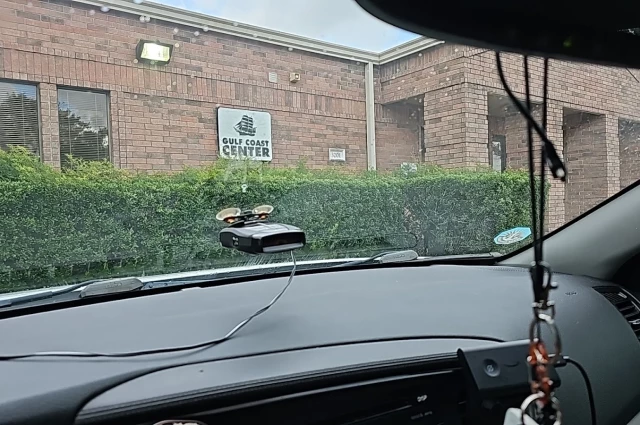Gulf Coast Center - Anchor Point Youth Behavioral Health Information
Treatment
Who We Treat
- Adolescents
- Children
- Male and Female
Conditions We Treat
- Anger
Languages
- English
- Spanish
Aftercare
- Outpatient Treatment
- Continuing Care
Level of Care
- Outpatient
- Co-Occurring Mental Health
Accreditations
-
State department of health
Government agencies issue State Licenses, which grant rehabilitation organizations permission to conduct their operations lawfully within specific geographic regions. Licenses needed to operate are typically determined by the type of rehabilitation program offered by the facility and its physical location.

Gulf Coast Center - Anchor Point Youth Behavioral Health Accepts The Following Insurance Plans
Find the best treatment options. Call our free and confidential helpline today!

